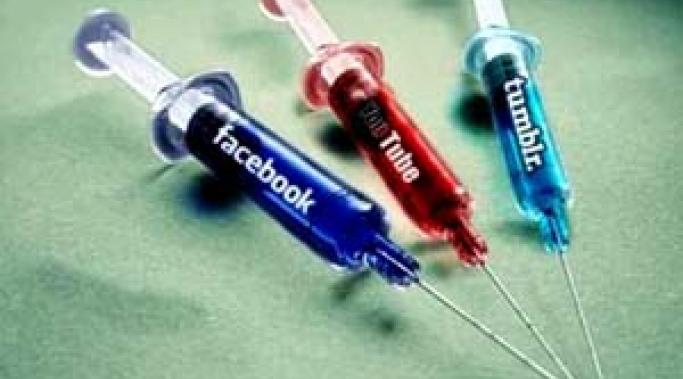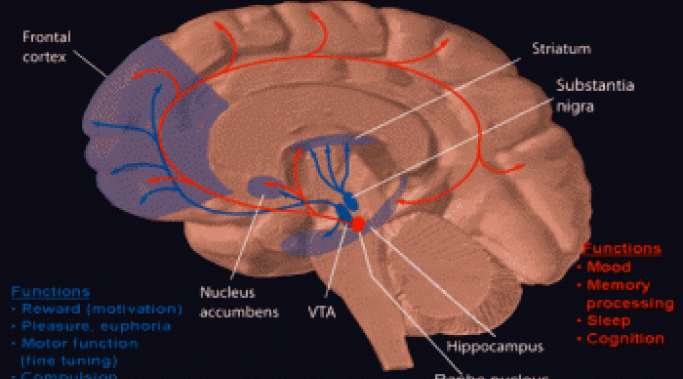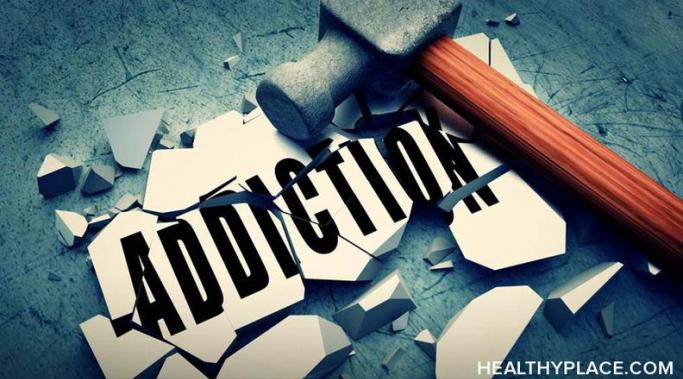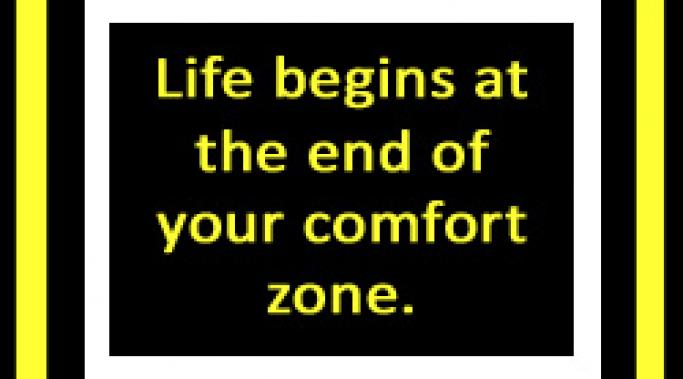Have you heard of social media addiction? In droves, we engage on social media with selfies, Likes, follows, and shares. These are actions that positively re-enforce the idea that social media tools provide us with good feelings. Like any pleasure-seeking activity, social media tools are addictive. With our society’s dramatic shift toward interacting over the internet and social media tools, it is easier than ever to develop an addiction to social media. Just recently, a man was treated for an addiction to Google Glass™.
Behavioral Addictions
In addiction treatment, one of the concepts that gets tossed around a lot is that of the "lizard" or "reptilian" brain. It comes from the triune brain model set forth in the 1960s by American neuroscientist Paul MacLean. According to this model, human brains comprise the most advanced product (thus far) in mammalian evolution, sharing some properties with our evolutionary ancestors. We have essentially three parts:
The reptilian complex (basal ganglia)
The paleomammalian complex (limbic system)
The neomammalian complex (neocortex)
As it relates to addiction, the idea is that addicts are engaged in a struggle between their reasoning (neocortex) on the one hand and their instinctual, compulsive reptilian brain on the other.
The most recent Diagnostic and Statistical Manual of Mental Disorders (DSM-5), published in 2013, changed the criteria for evaluating substance abuse problems and problems involving compulsive behavior, such as gambling. The DSM-5 includes the word "addiction" for the first time, in reference to pathological gambling, which the manual lists as a "behavioral addiction."
An old saying, often dubiously attributed to Martin Luther, warns: "Who loves not wine, women and song/remains a fool his whole life long." The phrase has hedonistic implications (which is why I find the Luther attribution puzzling) and its modern equivalent is "sex, drugs and rock-and-roll." Whether it really was Luther who said it, or whether it was Johann Heinrich Voss, as Bartlett's Familiar Quotations has it, the hendiatris is an old one.
Even if Bartlett made it up himself, it would still date to at least 1855. That means that for a long, long time, people have lumped substances, sex and music into the same category of mood-altering temptations. Reflecting on this fact made me wonder, is there a difference between addiction to mind-altering substances and mind-altering behaviors or experiences?
We are, on a whole, a society of addicts. Have you ever seen the AT&T commercial with the little kids and the girl states, “We just want more!”? This is the battle cry for our addiction-consumed society. Whether it is drugs in the form of alcohol or cocaine or in such behaviors like overeating, gambling, pornography or shopping, we just can’t seem to get enough.
Why is it so hard for me to stop using ________?
This question has been asked by probably millions upon millions of people over time. There has been research done on addiction for decades. While there have been many advances made in the understanding of addictive disorders like drug addiction, alcoholism , and sex addiction, to name but a few, many people still struggle to quit.
Addiction is typically seen as being a bad thing but is it possible to take the negative aspects of addiction and transform them into something positive? This video explores this idea. Watch
Addiction recovery, or for that matter, any recovery, requires a certain amount of patience in yourself as you learn new healthy coping skills. Some people who struggle with addiction have struggled for years, and brain pathways have developed around the craving and use of substances. In order to change behaviors, there is absolutely going to be an amount of time where you feel uncomfortable, unsure of yourself, and feel out of your comfort zone. That is because the addiction was the comfort zone for so long, no matter how devastating the consequences.






